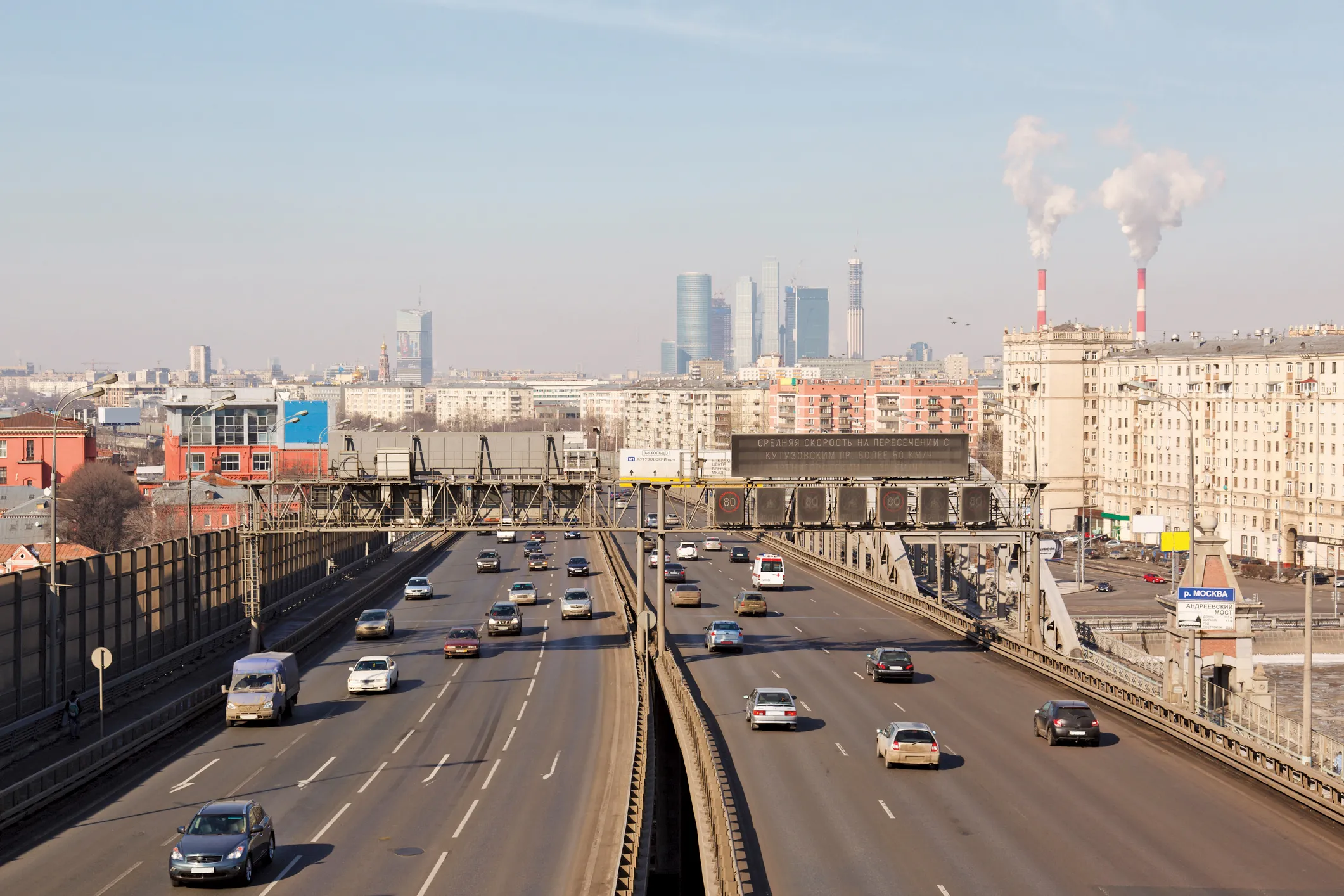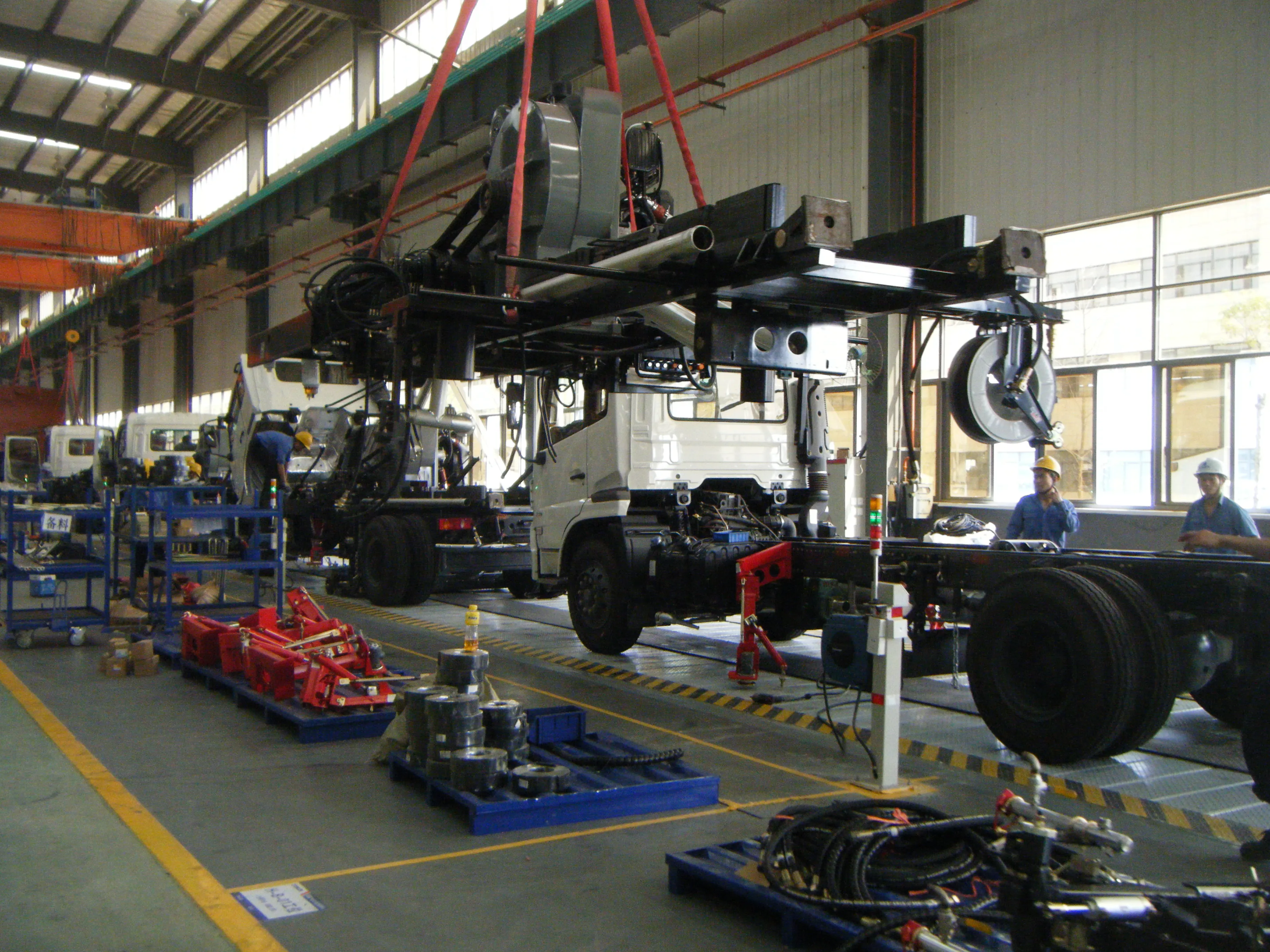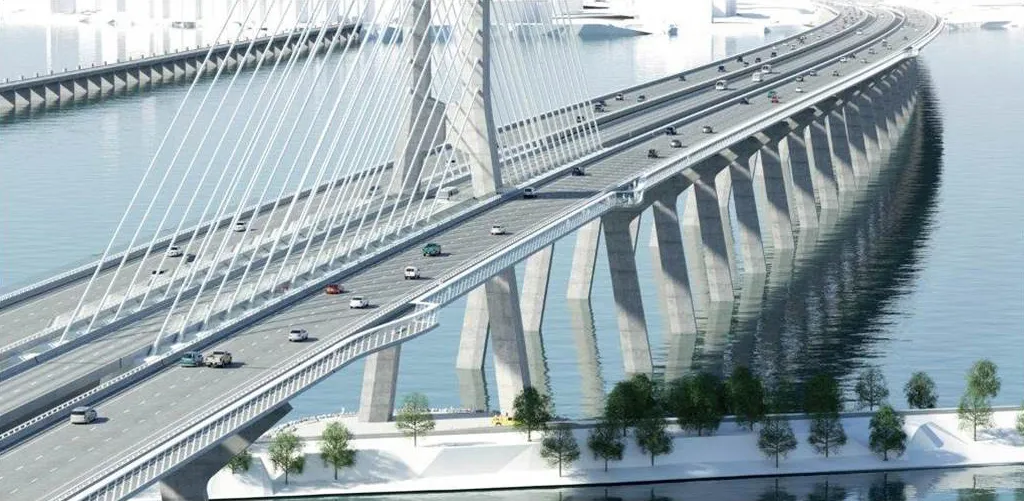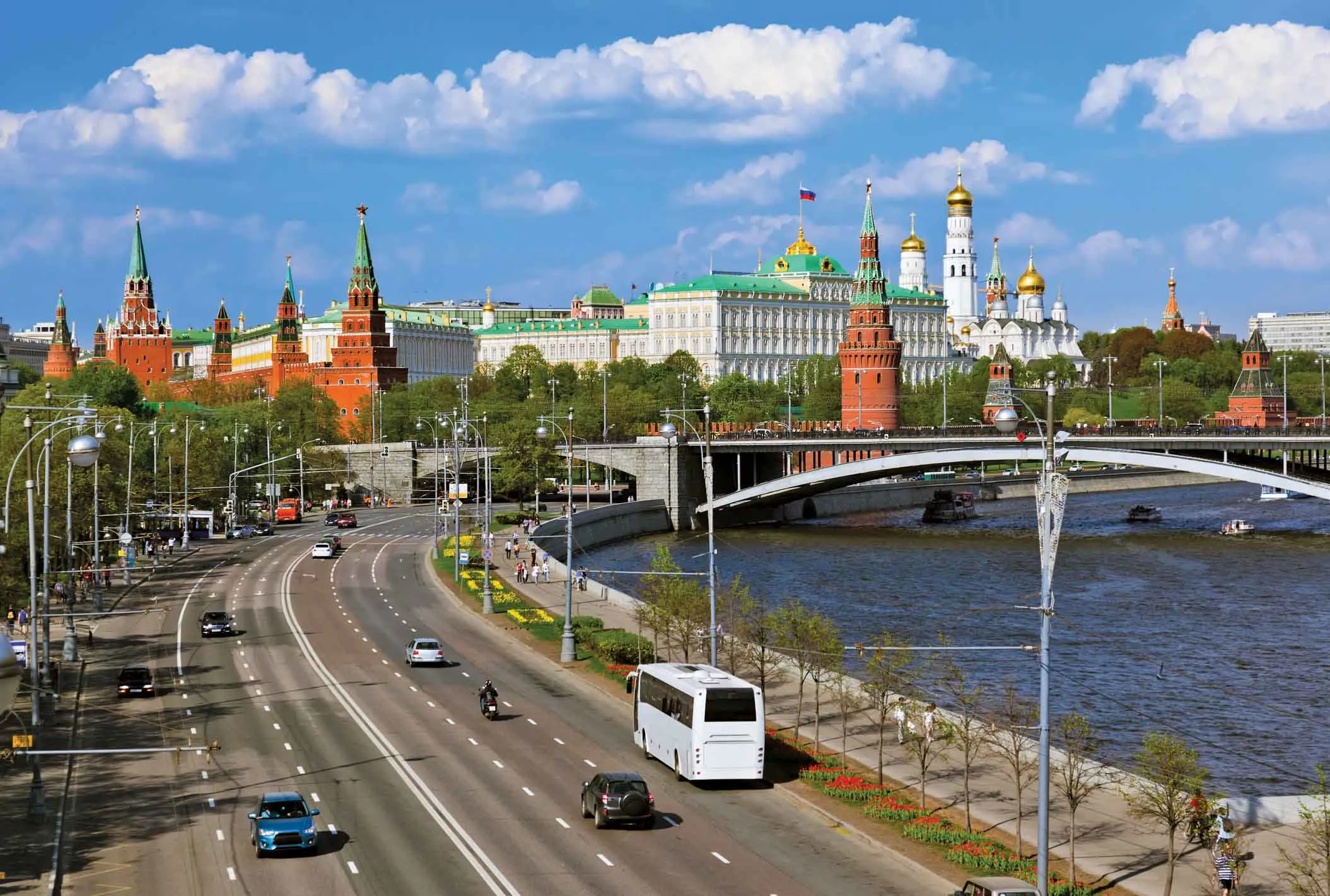A series of major transport projects worth a combined value of over US$28 billion are set to significantly enhance connectivity between various parts of Russia. These include the Moscow-St Petersburg highway, work to the transport system in the Rostov region and two new bridges: one over the Belaya river in Ufa, the other over the Kama river in Izhevsk.
The tender process for the $4.46 billion contract to build, maintain, repair, and operate a section of the Moscow- St Petersburg highway has been announc
November 29, 2013
Read time: 2 mins

A series of major transport projects worth a combined value of over US$28 billion are set to significantly enhance connectivity between various parts of Russia. These include the Moscow-St Petersburg highway, work to the transport system in the Rostov region and two new bridges: one over the Belaya river in Ufa, the other over the Kama river in Izhevsk.
The tender process for the $4.46 billion contract to build, maintain, repair, and operate a section of the Moscow- St Petersburg highway has been announced by3974 Avtodor. The section is from the 334th to the 543rd kilometre. Construction work will be carried out from 2014-2018. The contractor will maintain the road, toll collection system, and automated traffic control system for 22 years after construction finishes. The tender agreement will be signed in mid-December 2013.
Over $23.4 billion will be invested in the transport system of the Rostov region as part a transport system development strategy planned until 2030. The strategy will be carried out in three stages. The first phase will take place from 2013-2015, and will include: development of public-private partnership, road safety improvement, motor road chain expansion, and preparation for large-scale investment projects.
Elsewhere, Uralmostostroy has won the tender to build the Zatonsky bridge over the Belaya river in Ufa (Volga) for $143 million. A bridge spanning the Kama river is expected to cost US$438 million to construct. The contractor VTB is one of the firms that will be involved in the construction of the crossing. VTB is also looking to build a bridge spanning the Lena river as well as a section of the high speed highway that will link Russia’s major conurbations of Moscow and St Petersburg. This last contract looks likely to be awarded in the second quarter of 2014.
The tender process for the $4.46 billion contract to build, maintain, repair, and operate a section of the Moscow- St Petersburg highway has been announced by
Over $23.4 billion will be invested in the transport system of the Rostov region as part a transport system development strategy planned until 2030. The strategy will be carried out in three stages. The first phase will take place from 2013-2015, and will include: development of public-private partnership, road safety improvement, motor road chain expansion, and preparation for large-scale investment projects.
Elsewhere, Uralmostostroy has won the tender to build the Zatonsky bridge over the Belaya river in Ufa (Volga) for $143 million. A bridge spanning the Kama river is expected to cost US$438 million to construct. The contractor VTB is one of the firms that will be involved in the construction of the crossing. VTB is also looking to build a bridge spanning the Lena river as well as a section of the high speed highway that will link Russia’s major conurbations of Moscow and St Petersburg. This last contract looks likely to be awarded in the second quarter of 2014.








